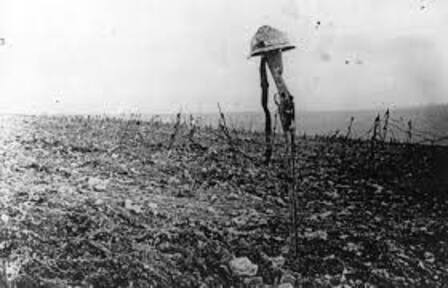On the father – James Cook in TLS:
‘In Raising Raffi the Russian-American novelist Keith Gessen writes captivatingly about bringing up his son from birth to the age of six. We follow Gessen’s progress from the first months of “merely surviving” in a tiny Brooklyn apartment with his wife, the American writer Emily Gould, to choosing schools and the trials of long drives with a screaming infant. “I was not prepared to be a father”, he writes in the first of nine essays. “This much I knew … though not young, I was stupid.” This is a typical reflection. Although the book’s subtitle sounds (perhaps unintentionally) a little condescending, Gessen’s prose style is the opposite: engaging, accessible, down to earth. He is the everyman dad, desperate for advice. “One learned by watching other parents; by reading; by discussing; by developing ideas and aspirations and then testing them against reality.”’
(…)
‘“Today I went to my local funeral parlour to collect my son Jack’s ashes and bring them home.” He wonders if he should put them in the loo of his London flat, “like they were death’s Oscar”. Instead he stores them in a cupboard. As a result, he admits he doesn’t “spend much time remembering [Jack] … I thought that was a good sign. It showed that I’d made my peace with Jack; but I’d only pushed him away. It wasn’t closure; it was an act of cowardice”.
The death of a child is obviously every parent’s worst nightmare, and Landesman’s way of processing such a terrible event is to look to the past. “Why did things go so wrong?”, he writes. “I have to go back in time.” Jack was a happy child, “a sweet boy, who saw cars and got excited and shouted in amazement at the animals in the zoo”. But at the age of ten his “curiosity about the world” collapses and he retreats into playing video games, mostly with his mother, the journalist Julie Burchill. Landesman, who describes himself as “angry, nihilistic, pessimistic, cynical and melancholic”, attempts “Dad & Son fun” – bonding moments with Jack – but realizes that there is “nothing fun about my approach to having fun”. Jack begins using drugs, and at the age of eighteen – self-harming and suffering from depression – he is admitted to the Priory for rehabilitation.’
(…)
‘Although he’s as honest as Gessen about his failures in raising a troubled boy, Landesman is often too hard on himself, the reader feels. Indeed, in a series of bleakly comic imagined exchanges between father and dead son, which are among the book’s outstanding passages, Jack says: “Please, don’t beat yourself up. You were a good dad”.
Landesman attempts “one last almighty go” to help Jack, a “Super Dad fantasy”. He moves him back in, makes him sign a contract agreeing to abstain from drugs, take part in exercise, meditate and follow a healthy diet, but the plan inevitably fails. He ejects Jack once more, and months later his son is found hanged in a rented room in Harrow. In the aftermath of the suicide Landesman remembers that Jack once said in a therapy session that he was scared of his father as a boy because he was “an angry, shouting dad”: echoes of Gessen. This compounds Landesman’s feelings of regret and he succumbs to a deep depression, then starts therapy. Here he finds he’s finally ready “to grow – the fact that I can use that word grow and not gag, shows that I’m growing!”.’
(…)
‘But Fergusson’s concerns are ultimately more urgent: what non-traditional families can teach us; what it means to be a parent. And it is he who has the best advice for Gessen and Landesman, or any father, for that matter: “Parenting can never be perfected. We all just have to try our best”.’
Read the review here.
The best book about a son who committed suicide is YiYun Li’s book ‘Where Reason End’. And there is Coetzee’s ‘The Master of St. Petersburg’ that indirectly deals with the suicide of his son.
Based on the review here the other books appear to be a collection of more or less funny platitudes. Since when has fatherhood become exotic? In our post-heroic society fatherhood appears to be treated as Verdun a century ago. “You survived Verdun?” “No, I survived my child.”
And then, we all have to try our best. Yes, yes and yes.
For one, don’t scream. At least, scream as little as possible. If you think you cannot control yourself, take a dog and leave it at that. If you believe that you cannot overcome your self-pity, take a dog, or go skiing. Count the blessings of birth control.
No, having a child or children won’t solve your existential problems. If you believe that, you might be disappointed. The gates of paradise won’t open for you, if you think so you might be disappointed as well.
It can be fun, you will learn a lot about yourself and suffering for all parties involved has always been part of the equation. Try to minimize the suffering by keeping in mind that the child never asked to be born, and even you do that fate is always there to humble you.
Many people have done it before, some people will do it after you. Don’t make a fuss about it. If you can’t help yourself, try to turn the material into a good novel.
